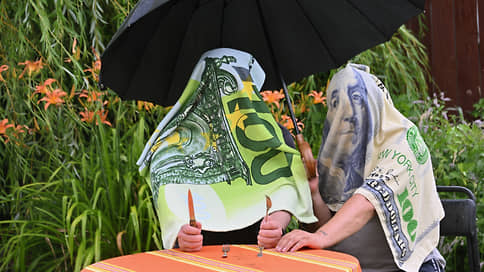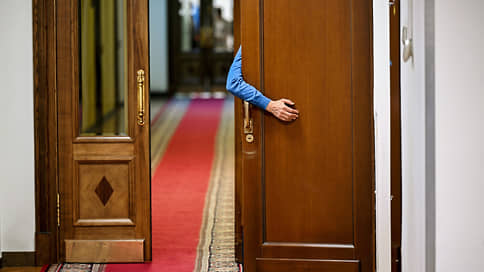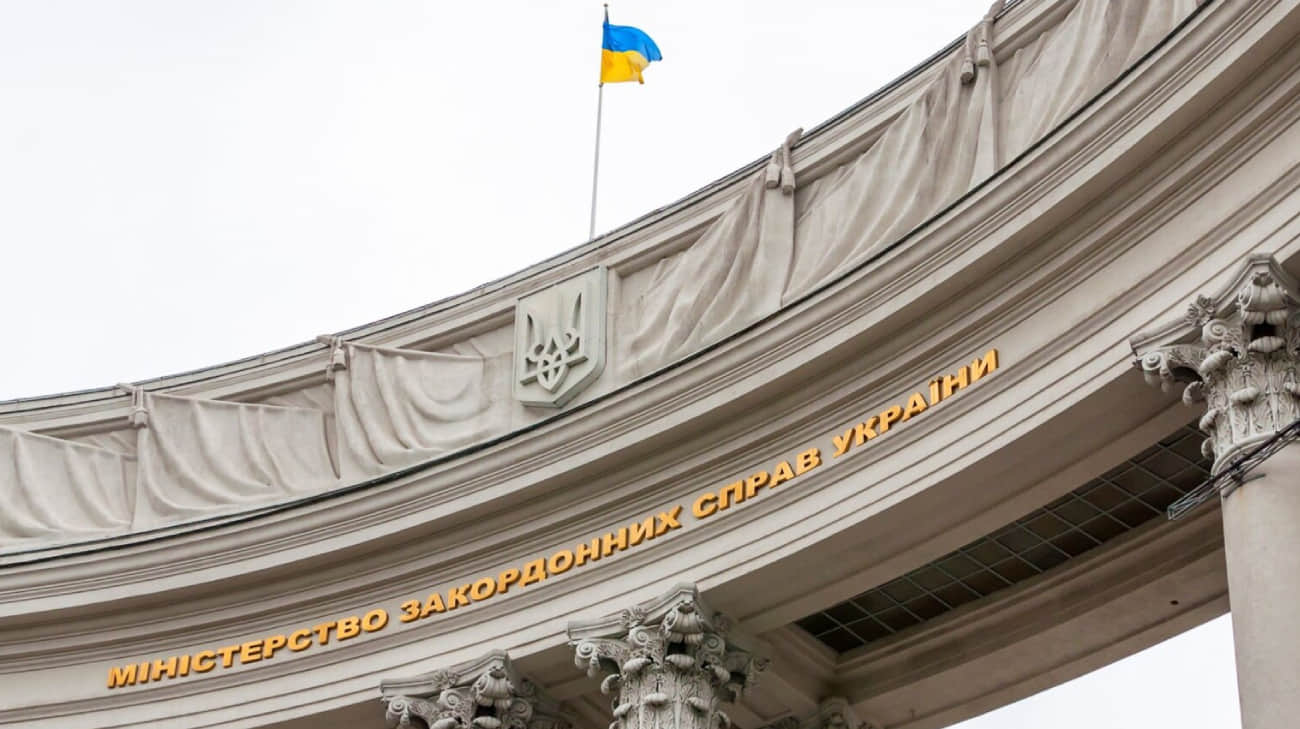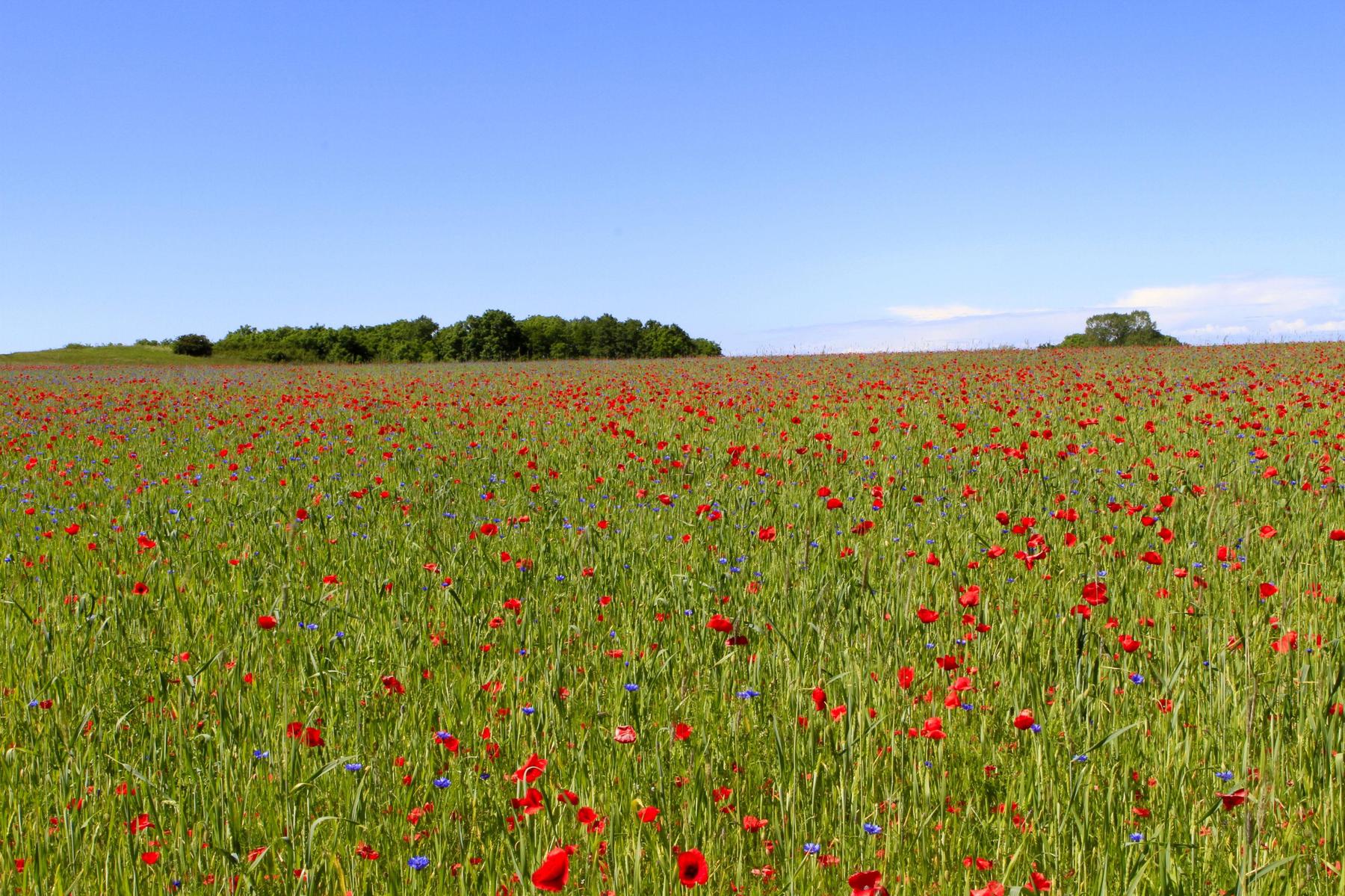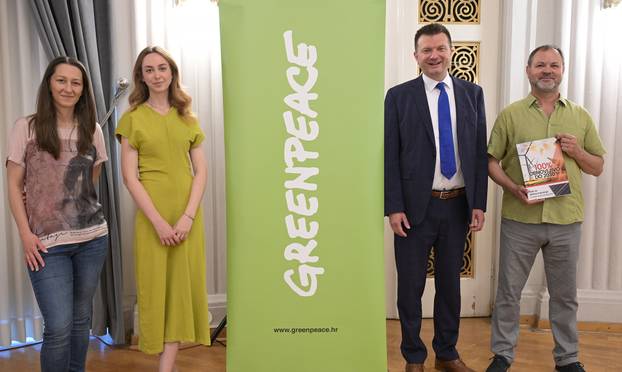Composer Evgeny Doga died
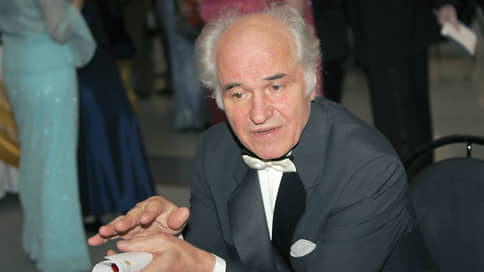
In Chisinau, at the 89th year of life, composer Evgeny Doga died, the author of music to many and many dozens of films, including “My affectionate and delicate beast” by Emil Lotyan. He was one of those rare film composers, whose music “went into the people” and turned into independent hits, known to everyone and everyone.
Evgeny Doga, as often happens, was at first, at first, at first, at first. He was incredibly fruitful, even complained in the last couple of decades that it is becoming more and more difficult to engage in his own archive – “cabinets, cabinets and cabinets”. Of course, there was a fraction of what was supposed to write “by position” to the officially recognized composer, first of the republican, then the general -union significance. But this is literally a pinch in comparison with the total scope of scores-chamber, symphonic, ballet, cantata-oratorial. Nevertheless, in terms of degree of fame and demand, all these “cabinets” are barely equal to another movie soundtrack. It seems that over time, this still ceased to weigh it-and certainly he never had the feeling that in the case of a movie he works for a completely different listener, a lister of a lower class, less demanding and less valuable.
Dog-kinocomposer was almost a Stakhanovan. Starting from the phantasmagoria, George Voda, “It requires a gatekeeper” (1967) about a soldier who posthumously guarding the paradise of the gate, he wrote music for two-time films for half a century, including half the products of the Moldova-Film studio.
Of course, there was a lot of divisions, documentary and animation, there was also enough film about collective farm chairers, but the Doga was by no means the daily bread.
Now few people remember that the now murdered Moldova-Film, created from scratch in the 1950s by Moscow appointments, including the magnificent Mikhail Kalik and Vadim Derbenev, by the end of the 1960s of the most original republican studios. Doga wrote the music for films of all its leaders, from Valeriu Gazhu (“Ten Days in one Summer”, 1969) to Nikolai Gibu (“Zarubov for Memory”, 1973).
He worked with all -Union classics: Samson Samsonov (“The Dormitory is provided”, 1983; “Dancing School”, 1985), Vitautas Zhalakyavichus (“The Beast leaving the Sea”, 1992), Alexander Proshkin (“Black Velal”, 1995). But his stellar hour was cooperation with Emil Lotyan, whose name, as the names of the dazzling Svetlana Toma, Brutal Mikhail Volunteer and Doga himself, was a synonym for Moldovan cinema for Soviet people.
With Lotyan, one of the most controversial to the then gaze of Soviet directors, Doga worked in four films: “Lautars” (1971) about persecuted stray musicians, “The Tabor goes to the sky” (1976) with a front -line nudity of Toma, “My affectionate and delicate beast” (1978) and “Anna Pavlova” (1983).
Criticism, neglecting the amazing, inventive visual system of Films Lotyan, who went into the leaders of the rental, spat: what kind of gypsies, what a bad snake? As you can rename the « old woman » Gorky in « Tabor », and the « drama on the hunt » of Chekhov – in the « Beast ». But the music of the dog, coupled with skill, proved: as much as possible.
To withdraw the filmmakers of dogs from the Moldovan-Valash folklore seductively, but it is pointless. It was not without reason that he recalled as his main mentor in the Chisinau, the Italian Paolo Bachchini, who was not clear how he entered the post -war Soviet Moldova. Not without reason, after the end of the conservatory in the same Chisinau, before he was tightly engaged in the composition, honestly tried to study folklore as a theorist-but folklore is still alien, albeit related: Balkan. No wonder he gathered for decades the records of modern Western music – French, Italian, American.
The secret of his hits, of course, is primarily in the tenacious melody, which is always universal: somewhere approaches the city romance, somewhere-to the generally accessible capacity of the 19th century.
But he also masterfully knew how to give his melodies so that they, even unpretentious, worked without fail.
The 1970s and the beginning of the 1980s-in addition to much more, the time of the field of Moriah, the time when the “pop-symphonic” orchestra becomes one of the main executors for the music of mass genres. But few used these pop-symphonic capabilities as effective and colorful as a dog-arranger.
A tactful rhythm-section, a neat bass, but the rushing violins, the lyrics of the wooden wind, unobtrusively improvisational passages of the piano, or, say, an accordion, or even a harpsichord.
It seems to be nothing radical, but by ear it lies firmly, tightly.
In Tabor, the very notorious gypsies flowed into the hippies motifs a la “Jesus Christ-Superstar” and other anachronical rock and roll. For “my affectionate and delicate beast”, the Doga composed the most tender, affectionate and brutal waltz, comparable only to the great waltz of George Sviridov from the film by Vladimir Basov “Metel”. No wonder it was the waltz dog that sounded at the opening of the Olympic Games in Moscow (1980) and Sochi (2014). And not without reason in the sense of popularity among street musicians, if something can come from the repertoire of about the same time, then perhaps the music of Annio Morricone.

